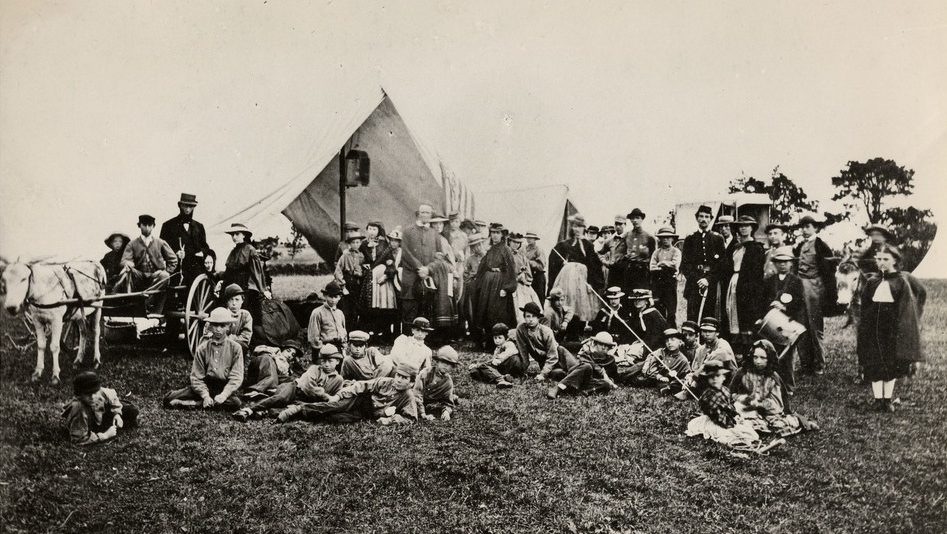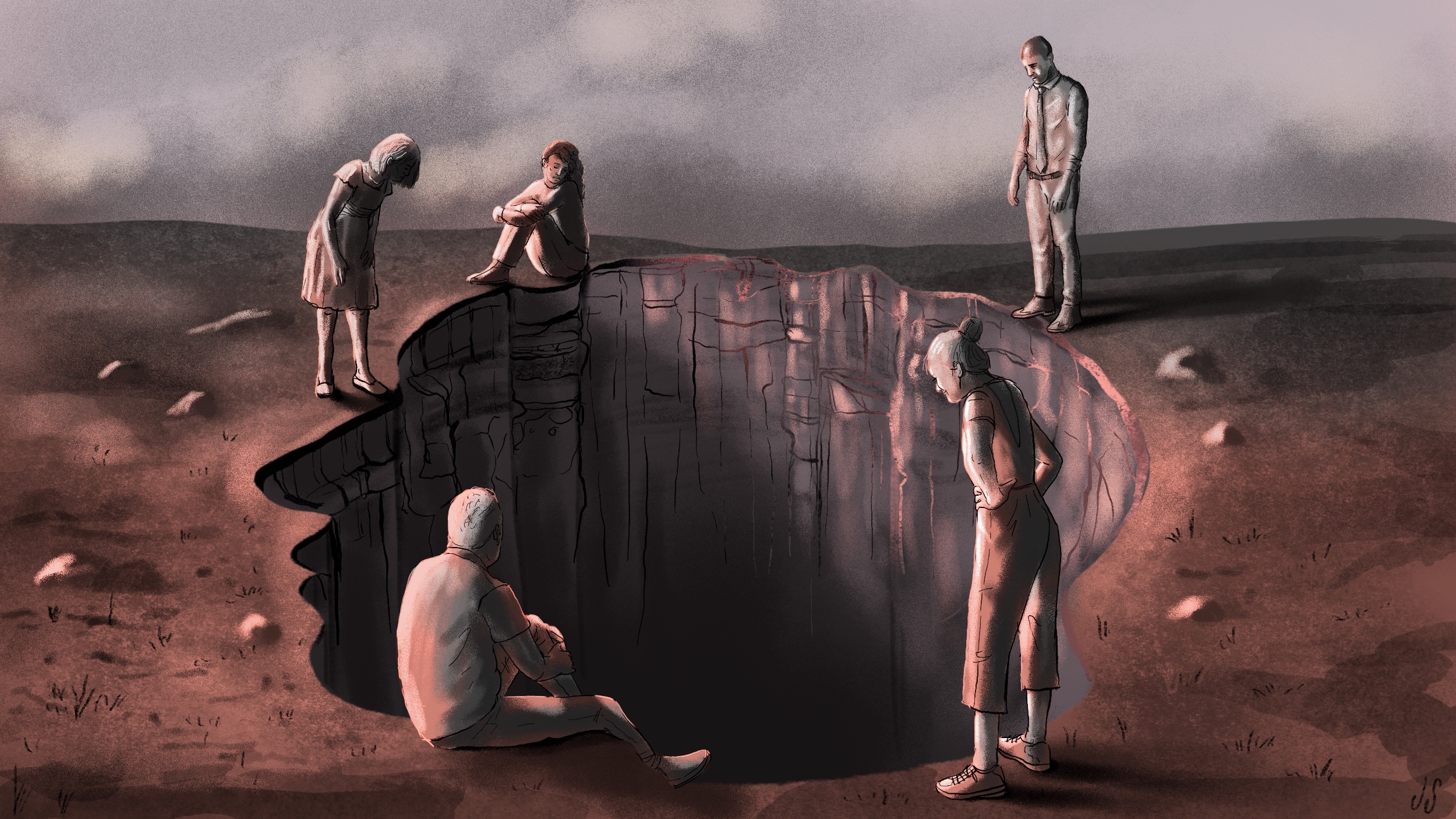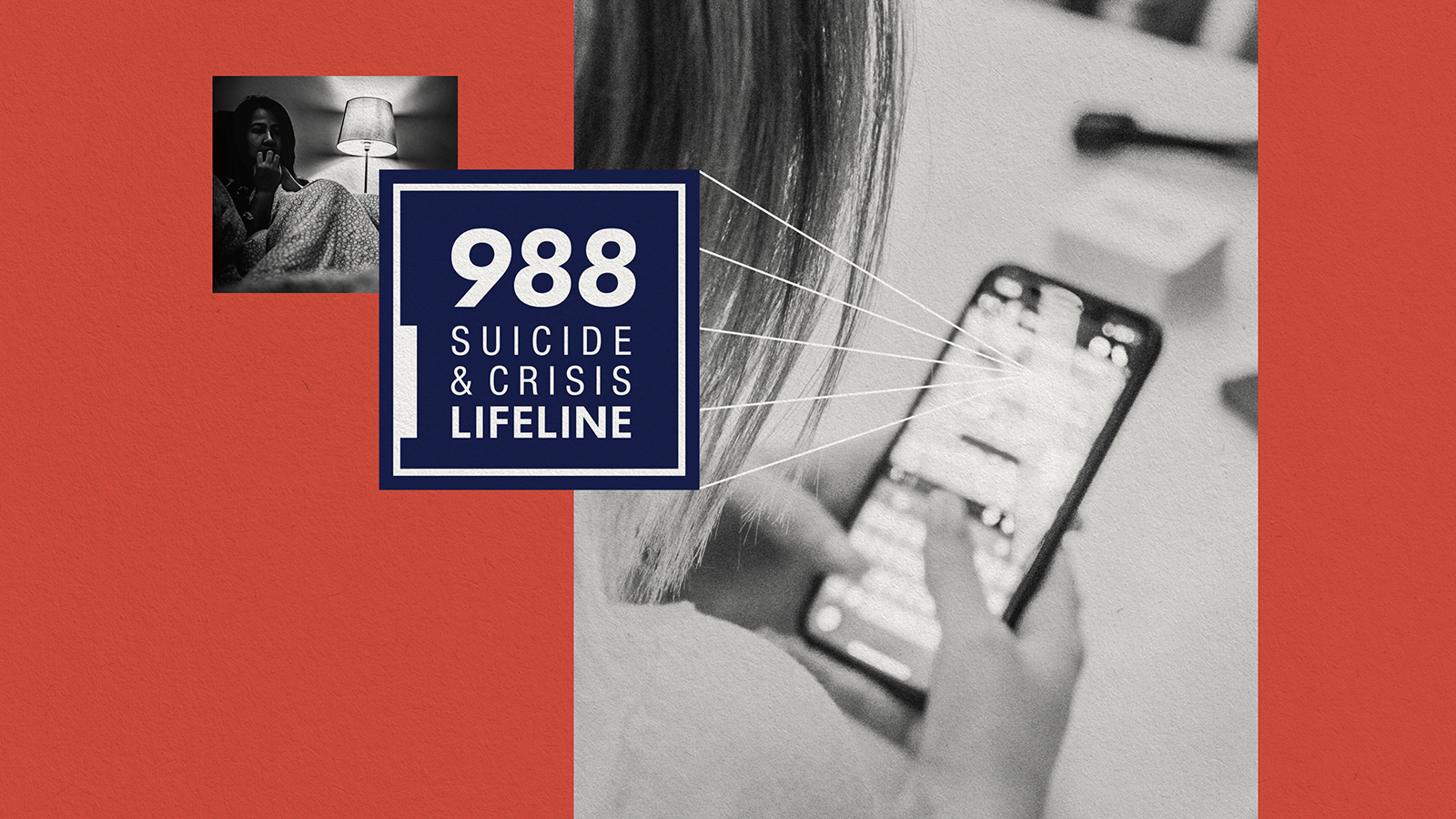Big Think and the Mental Health Channel are proud to present Big Thinkers on Mental Health, a new series dedicated to open discussion of anxiety, depression, and the many other psychological disorders that affect millions worldwide.
You can’t have a frank discussion about mental health within the African-American community without confronting issues related to social trauma. Uncomfortable (and sometimes dangerous) encounters with a distrusted police force. Drugs and crime infesting a neighborhood. The institutional scars of slavery and segregation. These are all issues our contemporary black population must deal with each and every day.
Dr. Michael Lindsey of NYU’s Silver School of Social Work sees signs of debilitating trauma throughout black America. He points to two key reasons for this. First, mental illness is unfairly stigmatized in these communities, just as it is throughout American culture. Second, cultural definitions of strength and courage are dictated by efforts to work against institutional ills such as discrimination. How one reacts to these ills, coupled with the community’s response to said reaction, adds a lot of tension other Americans don’t necessarily have to deal with.
Finally, Lindsey speaks to the value placed on authenticity, a major reason why many sufferers in the black community internalize their strife rather than share it with the outside world.
Michael Lindsey: When you look at the historical experience of African-Americans in the United States, you'd have to start with the experience of slavery and the vestiges of slavery in terms of the trauma associated with it. And I think that blacks continue to experience trauma in certain ways and certainly with respect to those who live in urban communities that are sort of infested with drugs or that are particularly violent. Those are traumatic situations that they experience on a daily basis. Certainly, as we've seen in recent events, interactions with the police can be, again, particularly traumatic. So when you talk about mental illness in the black community, I think you have to begin with the experience of trauma and how trauma continues to abound in their experiences, in their daily lives.
I think that what happens for a lot of individuals is that they suffer in silence with respect to having a mental illness. And so what I mean by that — in the greater society there's certainly a lot of stigma associated with mental illness. It's sort of antithetical to the American ethic, which is to be strong and courageous; to pull yourself up by the bootstraps; to weather the storm, et cetera.
I think the second part of that point is what's happening at the community level or the society level. And I think what happens is that within the black community, I think that, again, that ethic about what it means to be strong and courageous is particularly pronounced because of trying to combat those forces like discrimination or racism and it just adds to the burden of sort of what it means to survive. And so then the person who's struggling with the mental illness is perhaps not embraced or warmly accepted because of their struggles.
I remember, as a young person growing up, I used to hear about the person who was "sent down south" and I used to wonder what that meant. And it wasn't until I got older that I became more knowledgeable of the fact that that person was struggling with a mental illness or perhaps substance abuse.
So from a historical perspective there's been a lot of emphasis in the black community particularly in black families on keeping your problems close to the vest, in the home. You don't share what's going on with outsiders. No one can treat you as best as your family can. You bring all your burdens and your problems to your family. And if you do take it to any entity outside of your family, it's the black church.
The church is really important in the black community. Make no mistake about it. It's a source of sort of salvation and healing. And there's the whole collective support you get from your fellow churchgoers and that sort of thing. But I think also what has historically happened is that the church has been defined as the place to sort of relieve your symptoms or to address your burdens and so it stops there. And what I think needs to happen is that first of all I think pastors and lay ministers can be more trained in the signs and presentations of mental illness, but I think that the church can be sort of a triage unit, if you will, such that it identifies those who have needs and it's that sort of first step in the sort of entrée into care, but it shouldn't stop there.
I believe that culturally competent care is critical to everything. If patients perceive that providers are inauthentic and do not care about their unique circumstances, then they're likely to be turned off. At a baseline, providers should understand the history of their neighborhoods, for example, or the history of the experience of African-Americans and Latinos such that they can put the clinical presentation into context and understand what unique factors are in play with respect to the clinical presentation and how that person is seeking to survive and live in the world as an African-American or Latino. And so I think that the onus is on the provider to understand that context and to understand what it means for that person to live in that context.





